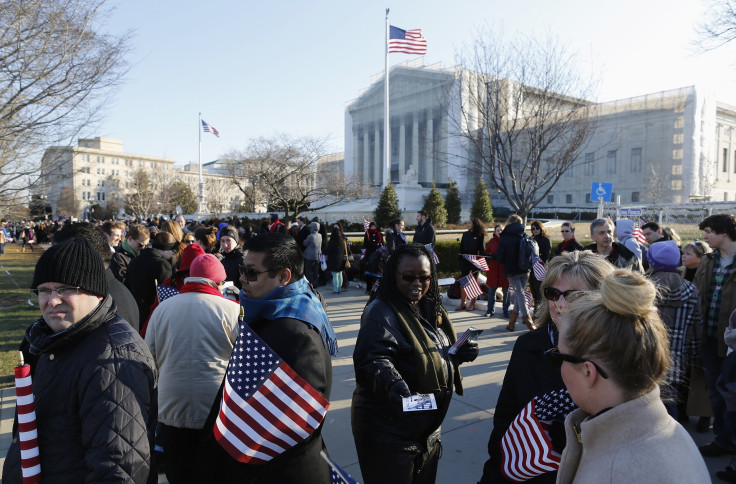DOMA Decision: Equal Protection For All In Social Security

A recent Wall Street Journal article noted the Social Security Administration’s struggle to cope with last week’s Supreme Court ruling regarding gay marriage. In its ruling, the Court said federal agencies managing federal benefits programs -- e.g., Social Security widow/widower’s benefits -- need to look at the marriage laws of the claimant’s state of residence, not where the person was married. Some have noted that this situation presents an issue of equal protection. That may be true, but the truth is that “equal protection” is currently a very flexible notion at the SSA.
Let’s go back to the Social Security widow/widower’s benefits and gay spouses issue for a moment. Edie and Ida get married in Massachusetts, which recognizes gay marriage, and they later move to Texas, which doesn’t. Edie dies in Texas; Ida applies for widow’s benefits at a Social Security office in Texas. Per the SCOTUS ruling, Ida’s application is rejected because Texas did not recognize Edie and Ida’s marriage. If Ida had moved back to Massachusetts, or any other state that recognizes gay marriage, and filed for benefits there, her application would have been accepted. The “equal protection” argument says that, where national federal benefits are involved, Ida should be treated the same way in every state.
But how different, really, is this situation from one in which success in applying for Social Security disability benefits hinges on the state where you file?
Let’s say Sam is in his 50s, has multiple sclerosis, and applies for Social Security disability benefits. He has a home in New Jersey and spends the winter in a Florida condo. Where should he file his application? The answer is New Jersey, because its initial approval rate -- 40.6 percent -- is significantly higher than Florida's, 29.2 percent.
Why do these state-by-state variations exist? Because the significantly higher law authorizes states to make initial determinations on social security disability cases; although these employees are paid with federal funds from social security, they are not federal employees -- they are state workers, with a chain of command that ends with the governor.
Adding to the equal protection muddle is the variance in federal appeals court decisions regarding significantly higher Social Security eligibility. An important point to remember is that the SSA processes millions of claims, thus repeating fact patterns are common.
Consider the situation for Gary and Crystal. They have identical medical and mental conditions and are applying for Social Security disability benefits. Gary lives in California, in the (liberal) Ninth Circuit Court region. Crystal lives in South Dakota, in the Eighth Circuit area. Gary is awarded benefits due to a Ninth Circuit ruling that applies to his conditions. Crystal is denied benefits because the Ninth Circuit ruling does not apply in South Dakota. Crystal might take her case to the Supreme Court, but, in my opinion, her chances of getting SCOTUS to take the case would be slim -- they take very few Social Security cases. Where is Crystal’s equal protection?
Would a nationwide federal Social Security court smooth out these state-by-state discrepancies? I think so.
Court watchers have predicted that last week’s Defense of Marriage Act, or DOMA, decision will set off another court battle for “equal protection for federal benefits.” If that happens, I hope the scope of the battle will be widened to include a solution for people who live in the “wrong” state or federal court circuit when applying for benefits.
They deserve equal protection too -- and the taxpayers deserve to have a Social Security system that makes the correct benefit decisions consistently and as early in the process as possible.
Joanne Butler is a graduate of the Kennedy School of Government at Harvard University and a former professional Republican staff member at the U.S. House of Representatives Ways and Means Committee.
© Copyright IBTimes 2024. All rights reserved.











